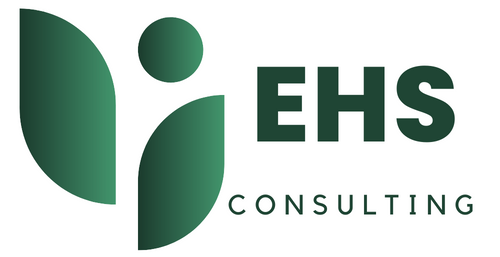Everyone running a business that deals with food must have implemented the GHP/GMP system and often has an obligation to develop HACCP records.
Which businesses have contact with food? Not only places where meals are prepared and served—such as restaurants, cafes, bars, and food producers, including those involved in packaging—but also shops, wholesalers, kindergartens, school cafeterias, food transport vehicles—including food trucks, rickshaws, and ice cream carts—as well as pet food manufacturers.
Individuals conducting unregistered business activities in the food sector should also have implemented quality systems.
The size of the business does not matter—whether selling pretzels from a cart or operating the largest production facility in the region—the basic sanitary requirements apply to all.
FAQ
Do you have other questions?
Check our questions and answers—we’ll clarify any doubts together!
1.
Contact
The first step is to contact us by phone or email
2.
Conversation
The second step is to understand the client’s needs and propose conditions
3.
Cooperation
The third step is to establish cooperation and start activities
REFERENCES
See what our clients say about us
High professionalism, the possibility of using services online, and wide availability. I wholeheartedly recommend Ms. Agnieszka Kuźmicka.
Piotr Błaszczyk
Tax Consultant at SWGK
Agnieszka conducted OHS training for employees of my company. I recommend her as a very good and professional trainer. The whole process went smoothly and in a pleasant atmosphere.
Marcin Olejnik
CEO at Chatbots
I recommend 100%! A large dose of valuable knowledge. 10/10!
Aleksandra Taraszkiewicz
Aleksandra Taraszkiewicz – divorces, family and guardianship matters
What do the abbreviations GMP/GHP and HACCP mean?
GMP – Good Manufacturing Practice
GHP – Good Hygiene Practice
HACCP – Hazard Analysis and Critical Control Points
The GHP book includes a set of procedures, instructions, and records related to:
- Location and environment of the facility
- Functional layout
- Machines and equipment
- Cleaning and disinfection
- Water supply
- Waste control
- Pest monitoring
- Personnel hygiene
- Staff training
The GMP book includes a set of procedures, instructions, and records related to:
- Receipt of raw materials and materials
- Storage and handling of raw materials
- Pre-processing processes
- Main processing processes
- Internal transport
- Storage of finished products
Implementing the GMP/GHP system in a facility is the basis for implementing the HACCP system in the next stage to ensure comprehensive food safety.
However, the HACCP book is not always required, and for some activities, only GHP/GMP or only GHP (e.g., in the case of food transport vehicles) may be sufficient. Regarding the required documentation, it is best to contact the District or Provincial Sanitary and Epidemiological Station – the food hygiene department or the Veterinary Inspection, which will handle the acceptance of our business.
The key principles of the HACCP system include:
- Identifying all hazards to be prevented
- Determining critical control points
- Establishing critical limits at critical control points
- Establishing and implementing effective monitoring procedures at critical control points
- Establishing corrective actions if monitoring shows that a critical control point is out of control
- Establishing procedures that should be regularly followed to check whether the measures taken are working and effective
- Establishing documents proportional to the nature and size of the food sector enterprise.
Need support in HACCP or interested in training on the safe use of diisocyanates? Take advantage of our help! EHS Consulting offers professional OHS services in Warsaw and beyond!
Are you interested in our services?
+48 887 043 666








